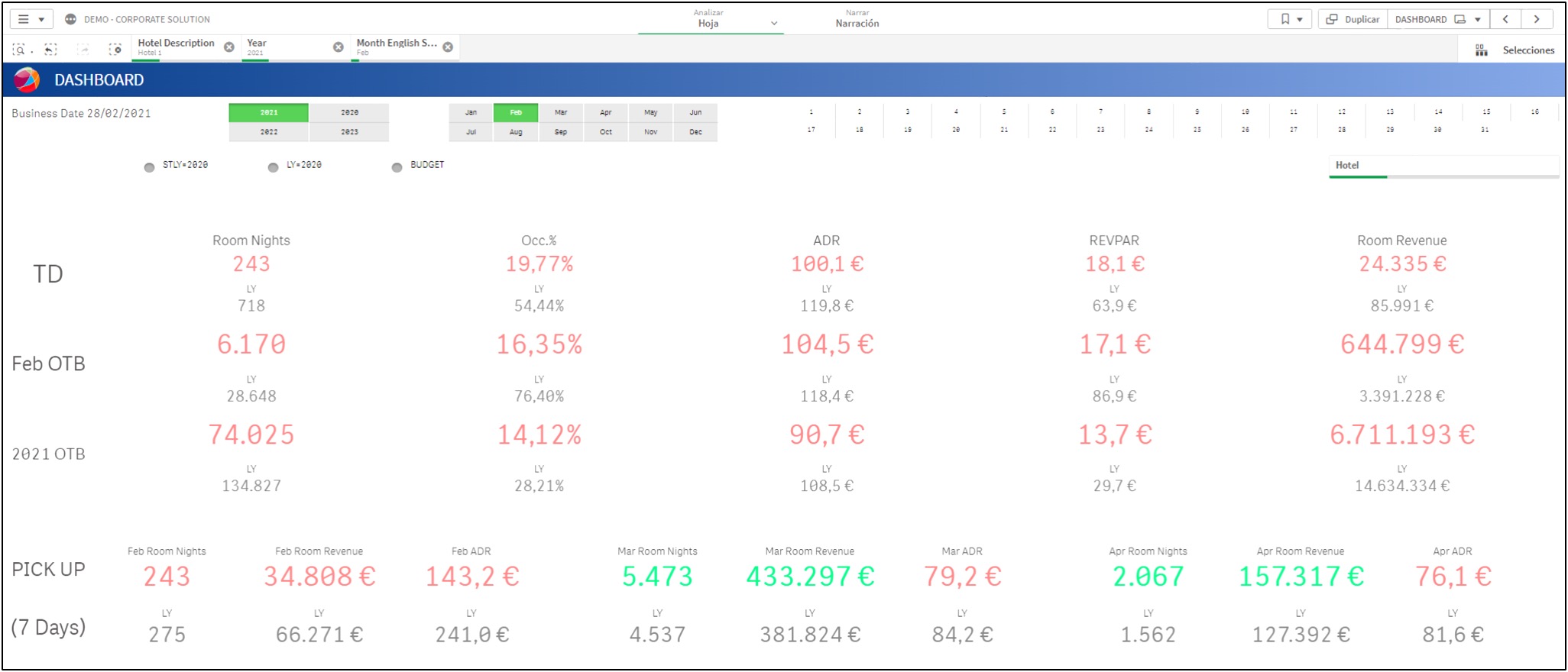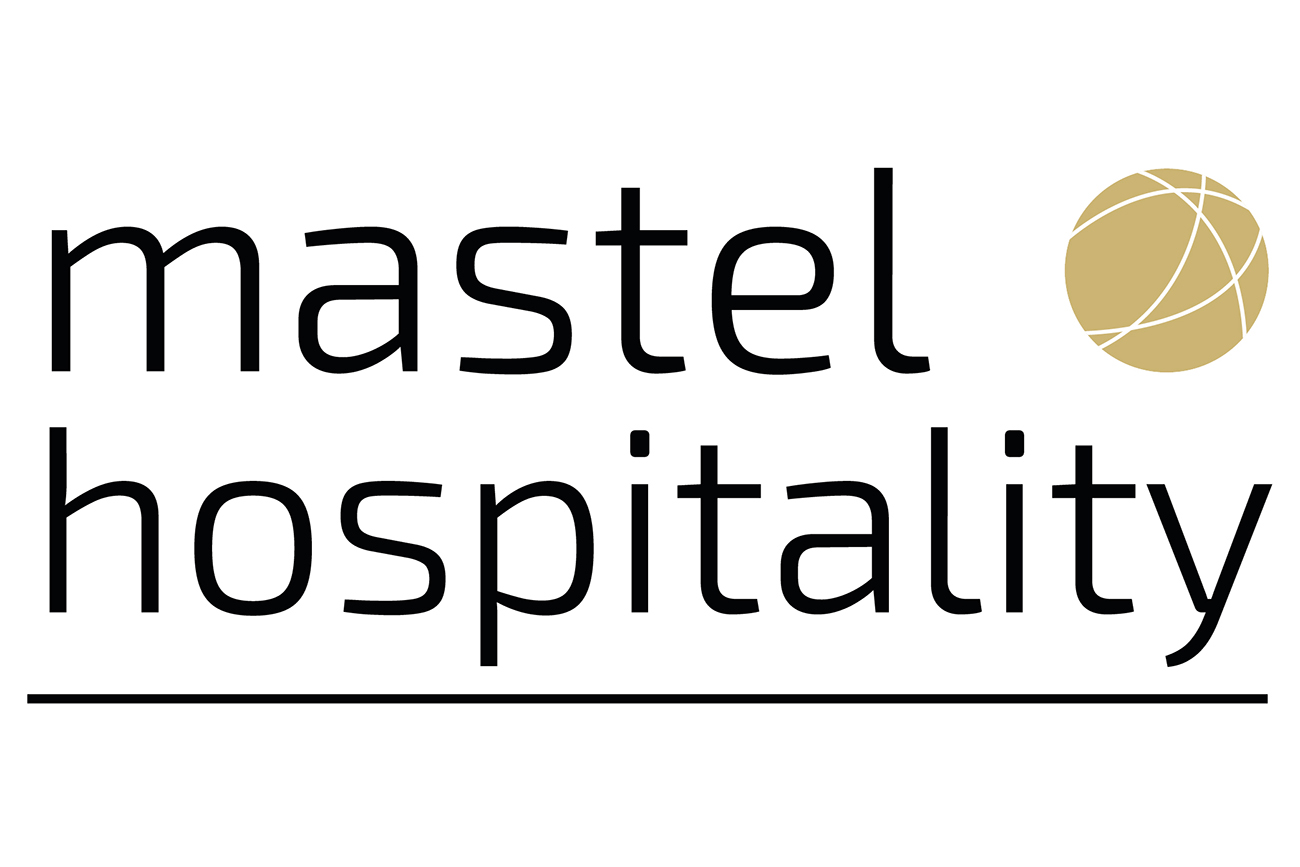In the fast-paced and globally connected world of hospitality, accurate and efficient reporting is not just important, it is crucial for making informed decisions and driving business growth. But here’ is the catch: for businesses operating in multiple countries and dealing with various currencies, the process of multi-currency reporting can be a real headache.
In this post, we will dive into the challenges faced by the hospitality industry when it comes to multi-currency reporting. And guess what? We will also reveal some effective solutions to overcome these challenges! So, get ready to unravel the secrets of successful multi-currency reporting in the hospitality industry.
Challenges of multi-currency reporting
Hotels and other businesses in the hospitality industry face significant challenges when dealing with currency conversion. Operating in multiple countries while reporting in a single currency at the head office level creates complexities. The fluctuating exchange rates add to the complexity.
Converting and then storing data leads to a loss of flexibility when analyzing local currencies, and transactions stored in the operational currency require a database of currency exchange rates that accurately reflect the transaction’s specific point in time.
The absence of a standard currency also makes it difficult to compare performance across different regions and countries. Moreover, manual conversion processes can be time-consuming and error-prone, leading to inaccurate reporting and decision-making.
Recording historic exchange rates for reference
In order to effectively tackle the complexities of multi-currency reporting, it is essential to have access to comprehensive historical exchange rate data. By diligently recording and maintaining these rates, businesses can ensure accurate reporting and analysis.
However, utilizing an available exchange service can prove to be challenging, as hotels often apply their own customized exchange rates that incorporate margins for operating expenses and profits. This can further complicate the process of recording and tracking exchange rates.
Business Intelligence solutions can have their own exchange database to accurately track historic rates. Updating these manually however adds additional labour and room for error.
Solutions for multi-currency reporting
Implementing a centralized reporting system is a crucial step in overcoming the challenges of multi-currency reporting. By centralizing data from various sources and currencies, businesses can streamline the reporting process and ensure consistency and accuracy.
Automation and integration with business intelligence tools further enhance efficiency, allowing for real-time insights and data-driven decision-making.
Benefits of centralizing data
Centralizing data for multi-currency reporting offers several benefits for hospitality businesses:
- Streamlined reporting processes: By consolidating data from different currencies into a single platform, businesses can simplify their reporting workflows and reduce manual efforts.
- Improved accuracy and consistency: Centralized data ensures that financial information is consistent and accurate, providing a reliable foundation for analysis and decision-making.
- Enhanced visibility and decision-making capabilities: Access to real-time insights and comprehensive reports enables management teams to identify trends, evaluate performance, and make informed decisions to drive business growth.
Case study: Meliá Hotels
One successful example of implementing multi-currency reporting is Meliá Hotels International, a leading global hotel chain. By centralizing their financial data and adopting automated reporting processes, Meliá Hotels achieved greater visibility into their financial performance across different currencies.
This enhancement increased the precision of their reporting mechanisms, streamlined their reporting workflows, and equipped their management teams with the capability to make confident, data-informed decisions.
Mastel Hospitality’s Hotel Dashboard
Mastel Hospitality’s Hotel Dashboard is a comprehensive Business Intelligence solution designed for hotel management. It integrates with various applications, including PMS, POS, Finance and others, and is compatible with popular hotel management software like Opera 5, Opera Cloud, Simphony and more. This integration offers a complete overview of hotel operations and KPIs.
The dashboard is an advanced tool for hotels, resorts, hotel chains, and F&B operations, providing valuable insights for business analysis and growth opportunities. It allows for customization by expanding data sources with other hotel management tools, helping, for example, with multi-currency reporting tasks.

Conclusion
Multi-currency reporting presents unique challenges for the hospitality industry, but with the right tools and strategies, these challenges can be overcome. By implementing a centralized reporting system, recording historic exchange rates, and learning from successful case studies like Meliá Hotels, businesses can navigate the complexities of multi-currency reporting and unlock the benefits of accurate and efficient financial analysis.
Ready to take your multi-currency reporting to the next level? Contact us today for more information on how our hospitality Business Intelligence solutions can help you streamline your reporting processes and drive business success.



